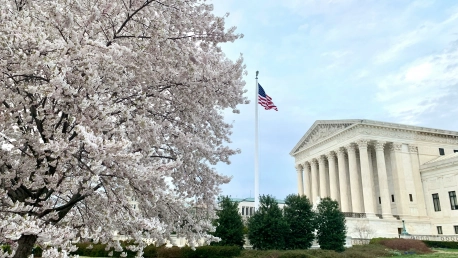The delicate balance between government intervention and free speech on social media is currently under the microscope, with significant legal deliberations underway. The Supreme Court is at the cusp of delivering a landmark verdict that could redefine the future of online speech and the extent to which government entities can influence content moderation on these powerful platforms.
The Case at the Supreme Court
At the epicenter of this judicial review is a decision from the U.S. Court of Appeals for the 5th Circuit, which brings into question the federal government’s role in shaping the content policing strategies of major social media companies. Legal challenges by states and individual claimants, alleging undue suppression of content, have sparked this examination of potential First Amendment breaches.
Dividing Views Among Lawmakers and Justices
The debate rages among legislators and within the highest court. While some argue for the necessity of content moderation to protect the nation, others see it as a threat to the fundamental right of free expression. The Justices now bear the responsibility of drawing a clear line between acceptable government advocacy for content moderation and unconstitutional coercion.
Consequences for Digital Speech and Platform Policy
The forthcoming Supreme Court decision promises to have a profound impact on digital speech and the policies governing social media platforms. At this pivotal moment, the future of how governments and technology companies interact in the regulation of digital content hangs in the balance. The final ruling will not only affect the parties involved but will also set crucial precedents for the digital age.









